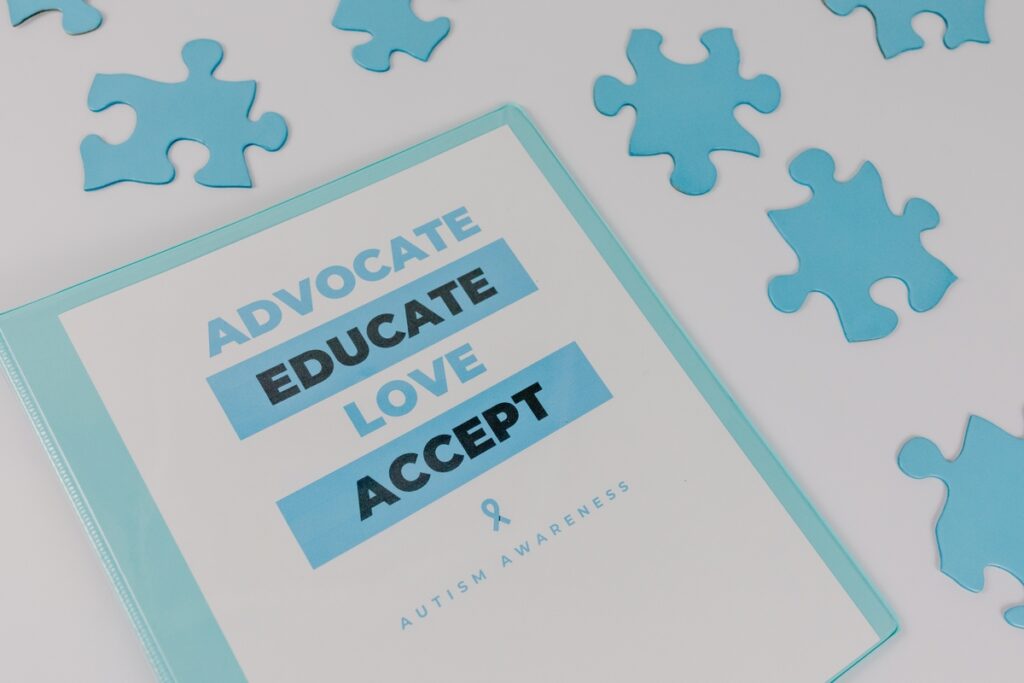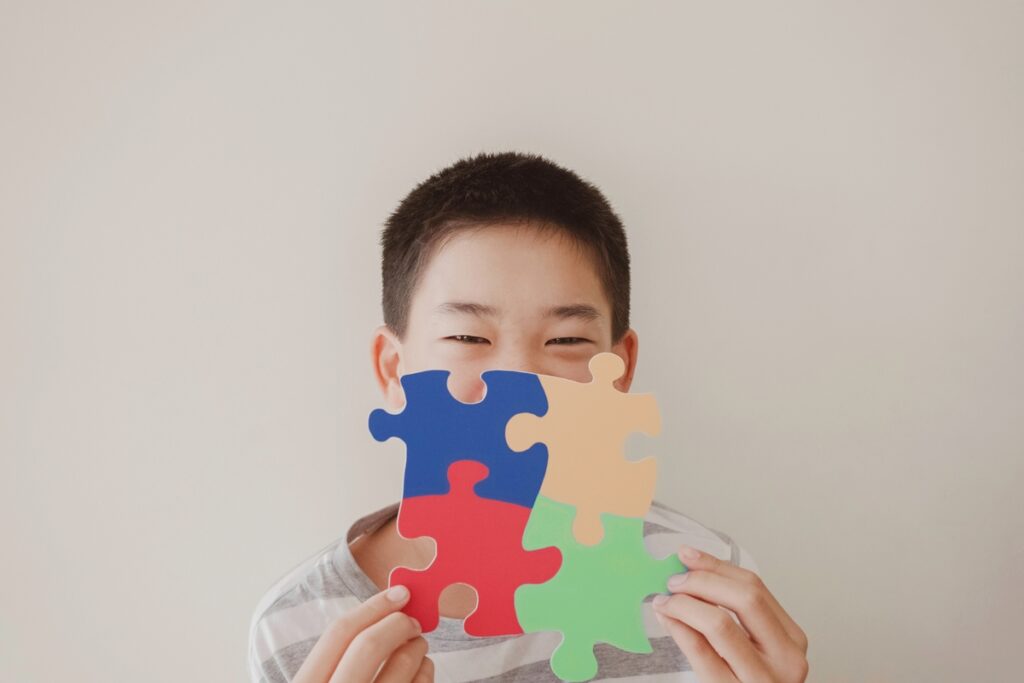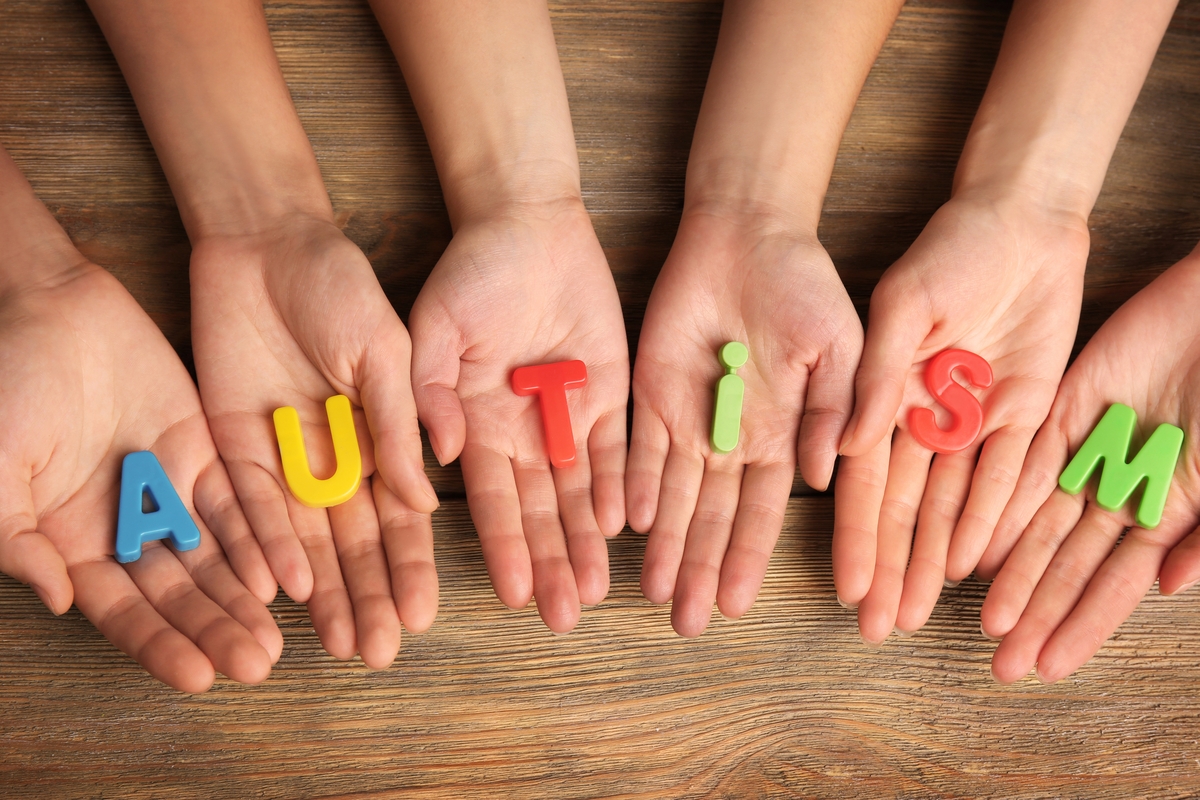Autism Awareness and Acceptance: 9 Crucial Facts You Need to Know
ASD is characterised by atypical patterns of behaviour and some communication and social interaction difficulty.
Autism awareness and acceptance have significantly progressed in the five decades since World Autism Awareness Day was declared. However, it remains one of the fastest-growing developmental conditions in the world. According to the World Health Organisation, autism affects one in 100 children.
Autism is a spectrum disorder with varying types and severity of symptoms, also known as Autism spectrum disorder (ASD). It is a group of conditions related to brain development, characterised by atypical behaviour patterns and some difficulty in communication and social interaction.
Today, autism awareness efforts are moving toward acceptance, inclusion, support, and advocacy for individuals with ASD or other neurodiverse circumstances. As April marks Autism Awareness Month, we can shift our focus from awareness to truly accepting and celebrating individuals on the spectrum.
Here are nine essential things to help you understand ASD and encourage you to contribute to a more accepting and inclusive world:
Also read: The Importance of Special Needs Assessment and Diagnosis at an Early Age

Autism is a spectrum, not a disorder – This means people with autism have different experiences, symptoms, and abilities. For instance, some may struggle to make eye contact and have social conversations yet excel in math and have high intelligence. They desire social interaction but cannot quickly and effectively develop social skills.
Autism is not a disease – No “typical” brain pattern applies to all people with autism. Instead, brain structure studies show a lot of variations between individuals. This reinforces the idea of neurodiversity – that autism is simply another way of being and thinking, not an illness.
We don’t know what causes ASD – However, genetics and environment may play a role. There is no cure, but many people with autism, including entertainers like Sir Anthony Hopkins and Daryl Hannah, lead fulfilling lives.
ASD can affect anyone, regardless of race, ethnicity, or income – ASD affects everyone irrespective of background. Minority groups tend to be diagnosed later and less often due to financial, educational, cultural, and other barriers.
Also read: Parents Discover the Future Possibilities for Their Differently-Abled Children
Autism is diagnosed in girls later than boys – Girls are identified at least 1.5 years later, as per 2020 statistics. It’s unclear why, but research shows girls may show different symptoms, like struggling with social cues. This can be less obvious than behaviour-related signs seen more commonly in boys.
Autistic individuals are caring – Individuals with autism may have strong feelings of care. Still, they find it difficult to naturally develop typical social behaviour and empathy, not because they are indifferent or heartless. On the contrary, they desire social interaction but cannot easily and effectively develop social skills.
Understanding hypersensitivity and hyposensitivity – Hypersensitivity is reacting strongly to sensory things like bright light or loud noise. Hyposensitivity means not feeling pain or temperature enough and needing repetitive movements. Unfortunately, both can happen in autism, so we must adapt teaching methods to their needs.

Mothers of children with ASD work and earn less – Research shows they experience a 56% reduction in hours and a 35% pay gap compared to mothers of typical or differently-abled children. This puts extra pressure on families, affecting access to resources and increasing caregivers’ stress levels.
Understanding neurodiversity is essential – To accept and include everyone, we need to understand neurodiversity. This means recognising that people experience and see the world differently. Children with ASD and other neurodivergent traits have unique strengths that should be appreciated and celebrated.
Also read: 8 Helpful Tips for Helping Your Special Needs Child with Their Homework
In the words of renowned autism spokesperson Dr Temple Grandin, “The world needs all kinds of minds.” So, let’s celebrate the diverse abilities, thought processes, and talents of those on the spectrum and strive towards a more accepting and inclusive world.
By embracing our differences and ensuring inclusion and accessibility, we can unlock the unique potential of every individual, creating a brighter future for us all.

